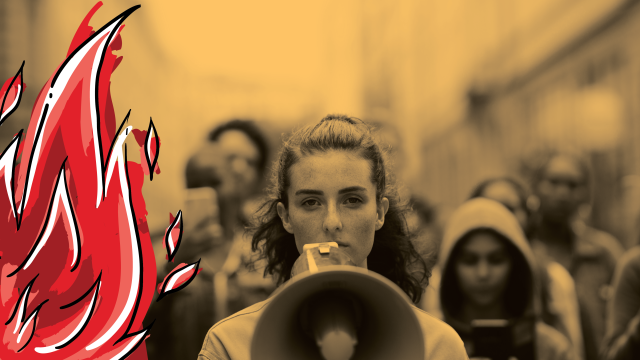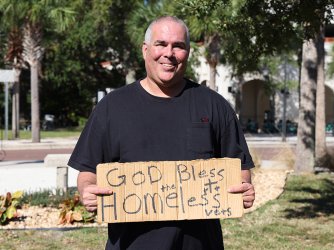Table of Contents
The new Red Scare taking over America's college campuses

This article originally appeared in the Washington Examiner on Sept. 25, 2023.
From 1947 to 1957, the second Red Scare descended on America.
It is most commonly estimated that around 100 college professors were fired for real or imagined communist sympathies. These witch hunts, now known as McCarthyism, continue to represent the worst example of illiberalism on college campuses in American history.
But what if I told you it's worse today, much worse, across multiple important metrics?
In my book with journalist Rikki Schlott, "The Canceling of the American Mind," we show that campus cancel culture is not just real, it’s on a historic scale. We define “cancel culture” as the uptick around 2014 of campaigns to get people fired, expelled, deplatformed, or otherwise punished for speech that is (or would be) protected by the First Amendment and the climate of conformity that results.
The statistics show that we are going to be studying this period of repression 50 to 100 years from now, just like we study the Red Scare.
In the last nine and a half years, we know of more than 1,000 campaigns to get professors punished for their free speech or academic freedom. Of those, about two-thirds succeeded in getting the professor punished, and almost 200 of them, nearly twice the number estimated for the Red Scare, ended up with the professor getting fired.
By exposing the problem in higher education, FIRE and other organizations are also outlining the solution: a culture of free speech, open inquiry, and principled adherence to both the law and the spirit of the First Amendment.
Keep in mind that prior to 1957, it wasn’t clear whether universities could fire a professor for radical politics, whereas the case law for the last 50 years clearly shows this is forbidden under the First Amendment.
We also know that 1,000 is a wild underestimate, as about 1 in 6 professors report having been disciplined or threatened with discipline for their speech, and a whopping 1 in 3 reported having been pressured by colleagues to avoid researching controversial topics.
For comparison, Paul Lazarsfeld and Wagner Thielens Jr. surveyed almost 2,500 professors right in the middle of the Red Scare on whether or not they were self-censoring in light of the political climate. Nine percent of professors said they were, which by historical standards is really quite bad. Now, in 2023 , that number is almost 90%.
One wonders how campus cancelers are finding this many heretics to burn because political viewpoint diversity in higher education has never been lower. The liberal-to-conservative ratio of the 1950s was an estimated two liberals to one conservative. Now, in elite colleges in particular, there are entire departments without a single conservative in them.

REPORT: Scholars punished for their speech skyrocketed over last three years
Press Release
A new report from FIRE finds that attempts to punish college and university scholars for their speech skyrocketed over the past two decades, from only four in 2000 to 145 in 2022.
This climate of conformity and self-censorship certainly doesn’t bode well for universities — but it also doesn’t bode well for society at large. Even if you don’t care about what’s going on on campus, and even if you believe that you will never be canceled, you should care about the effects of cancel culture.
Losing faith in our institutions, in expertise, and in our universe of shared facts is devastating to our social fabric. The public isn’t stupid, and when they see professors fired for having the “wrong” opinion on a hot-button topic, that understandably sows distrust. After all, they would have to wonder about the legitimacy of the next expert opinion on the same topic.
And they’d be right to be suspicious because cancel culture doesn’t just cancel people — it cancels culture itself.
However, even though the current environment on college campuses is the worst I’ve seen in my 22 years as a campus watchdog, the situation is not all doom and gloom. Organizations such as the Foundation for Individual Rights and Expression, which I lead, are taking a principled stance against censorship.
By exposing the problem in higher education, FIRE and other organizations are also outlining the solution: a culture of free speech, open inquiry, and principled adherence to both the law and the spirit of the First Amendment.
Greg Lukianoff is an attorney and the President, and CEO of the Foundation for Individual Rights and Expression, a free speech charity, and is the New York Times bestselling author of "The Coddling of the American Mind: How Good Intentions and Bad Ideas Are Setting Up a Generation for Failure" and the forthcoming "The Canceling of the American Mind."
Recent Articles
FIRE’s award-winning Newsdesk covers the free speech news you need to stay informed.


FIRE Statement: X Corp's lawsuit and Texas's investigation into Media Matters for America are deeply misguided

Anonymous speech is as American as apple pie


